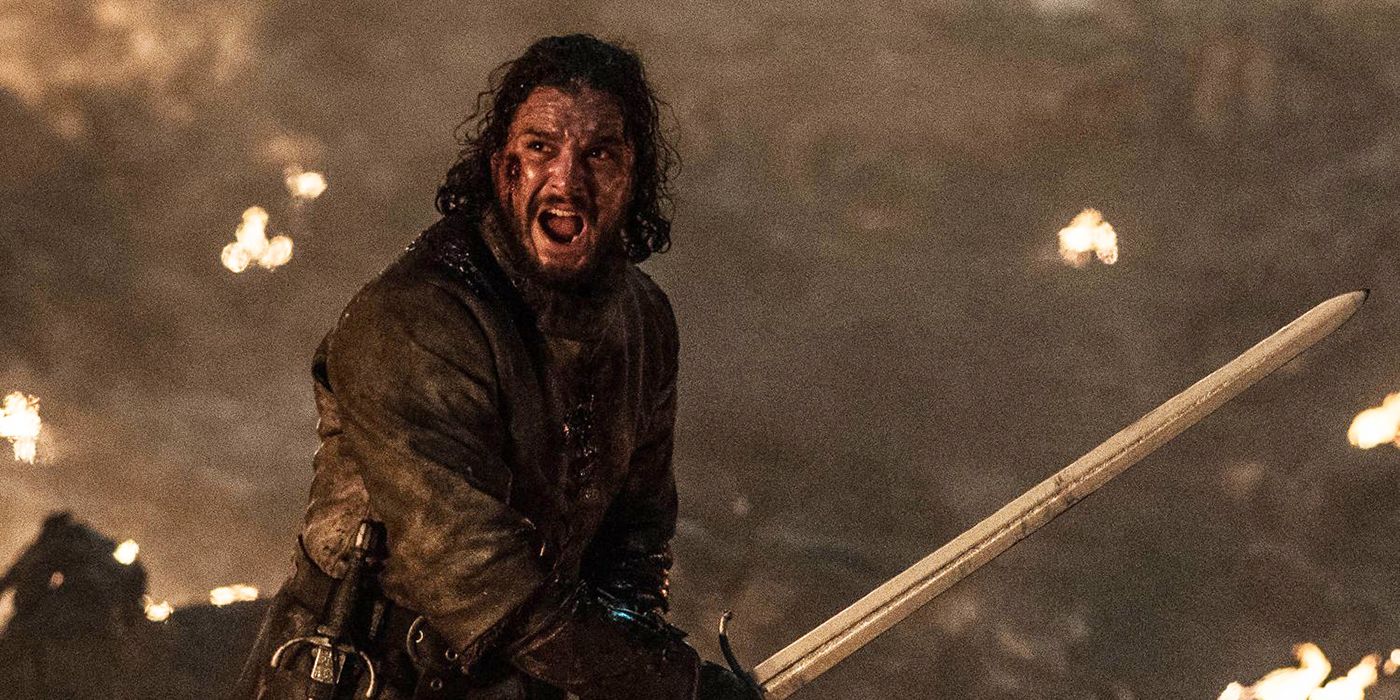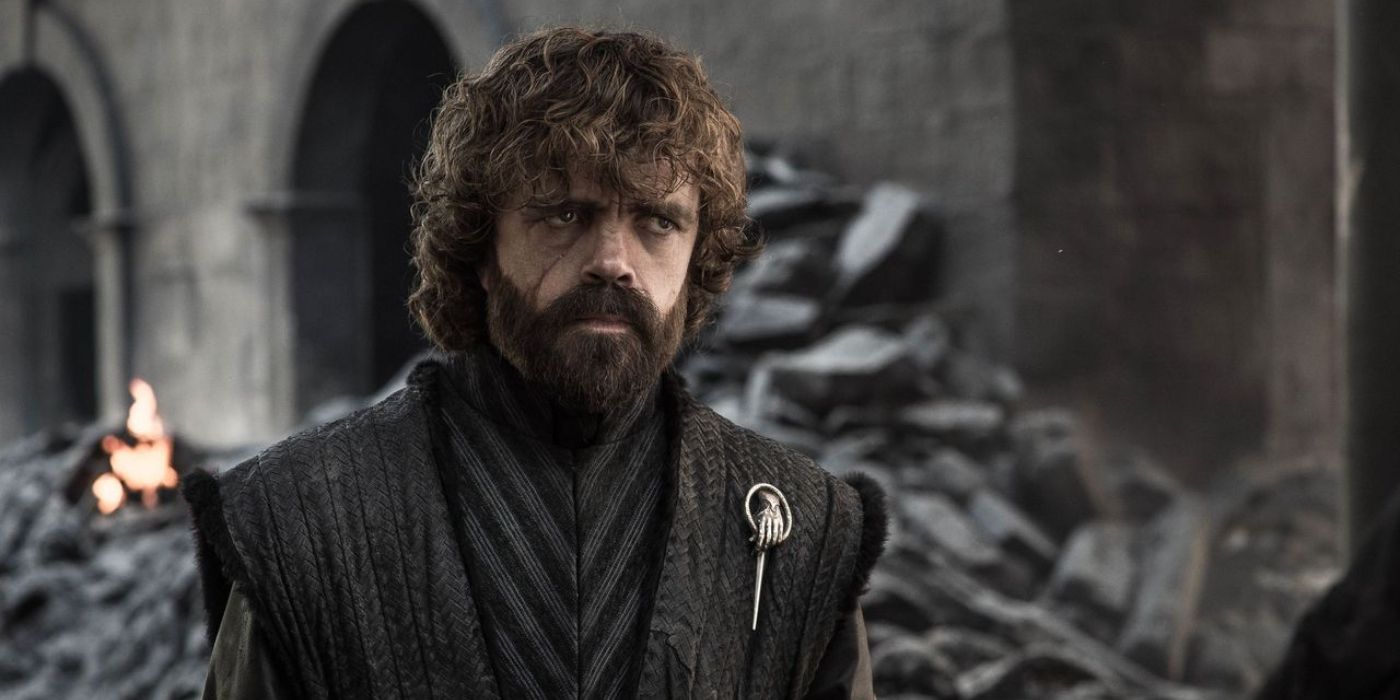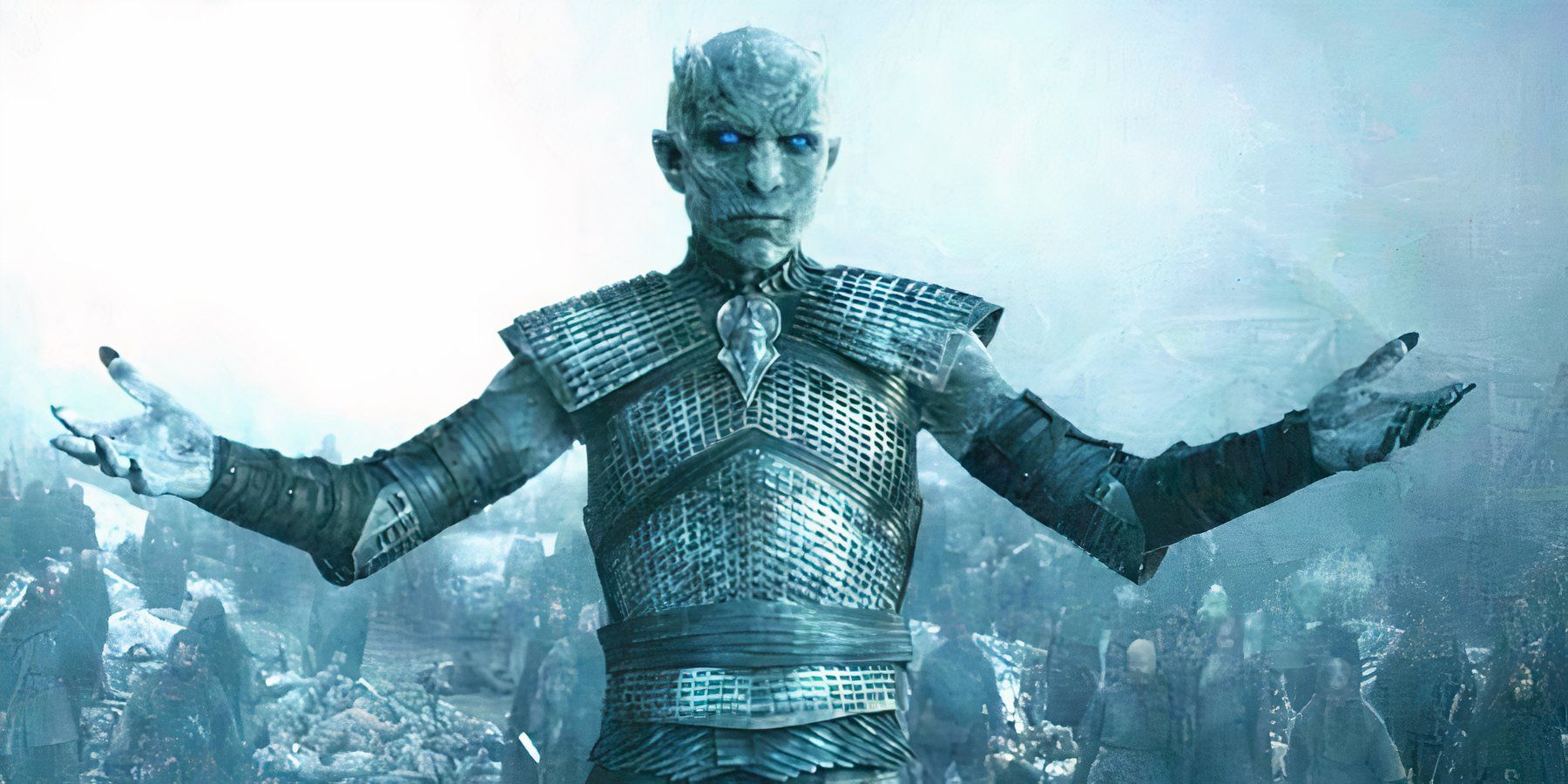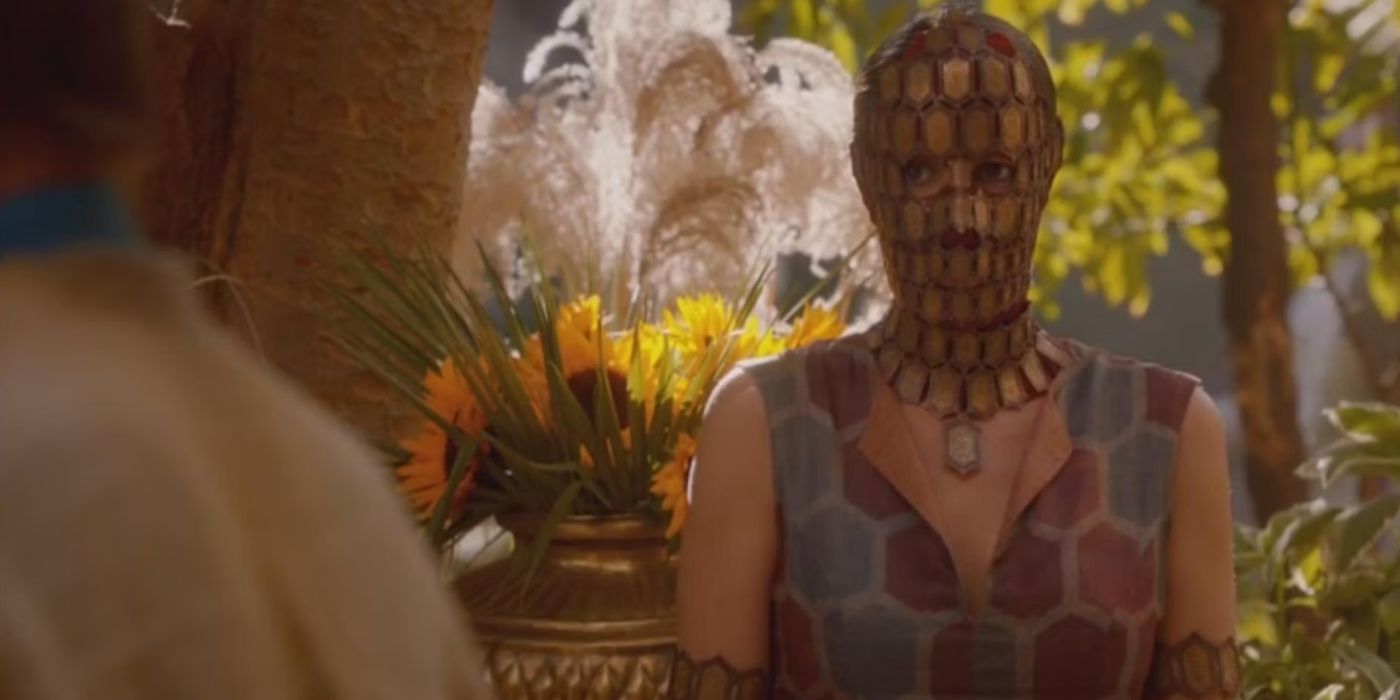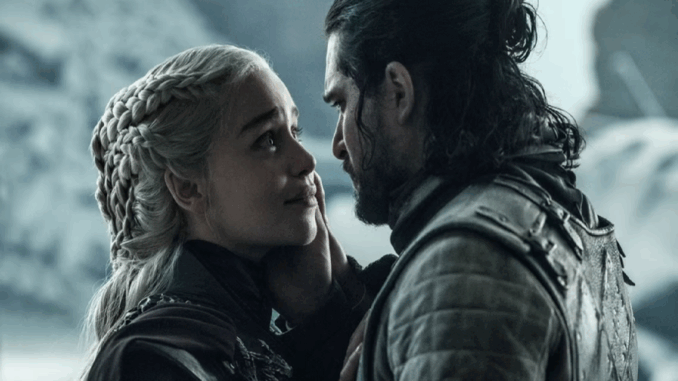
A lot of critics and viewers make the final season out like it’s the worst thing to ever happen to television, but I think this reaction is a bit sensationalist and over-the-top. Was it disappointing? For a lot of people, yes. For this writer, not really, because I tend to go into things with very low expectations, so I’m rarely disappointed. Even though I do understand where people are coming from with their vitriol, I think many of the common criticisms of GOT Season 8 really aren’t as awful as they’re made out to be.
10. “Bran is the Worst Choice to be King”
Counterpoint: There’s Nobody Better, and Tywin Indirectly Says This
Apart from that, there’s a conversation that Tywin (Charles Dance) has with Tommen (Dean-Charles Chapman) during Joffrey’s (Jack Gleeson) funeral. Tywin has a lot of great quotes in the show, so it’s easy to overlook this one. Tywin says that what makes a great king is not bravery or strength, but wisdom, the ability to know the mistakes of the past leaders and learn from them. Tywin bluntly states that Joffrey was not a good king because of this. That said, going by this logic, who better to choose for king than someone with the entire history of the world in their mind? Bran knows everything, knows the mistakes of the past, and will easily be able to use them to his advantage because of it. He has more wisdom than everyone else in the world combined. Tywin himself would likely, albeit begrudingly, agree that Bran is an ideal choice.
9. “Cersei’s Death Was Underwhelming”
Counterpoint: Maybe, but It Was the Perfect Ending for Jaime
Look, I get it, people wanted a more satisfying death for her, but I think there’s more than one way of looking at it. In the earlier seasons, Jaime (Nikolaj Coster-Waldau) and Tyrion (Peter Dinklage) speak about how they’d like to die. Tyrion famously says he’d like to die surrounded by prostitutes, in his bed, at the age of 80, with a belly full of wine, but Jaime says he just wants to die in the arms of the woman he loves, which happens to be his twin sister, Cersei. As it turns out, Jaime is also crushed by the collapse of the Red Keep, as he and Cersei embrace one last time. Cersei might have deserved more pain, but Jaime got exactly the death he wanted and deserved.
8. “Arya Couldn’t Have Snuck Up on the Night King”
Counterpoint: She Trained with the Best Assassins in the World
On top of that, she’s snuck into numerous places before. No one ever questioned how she got into the Freys’ heavily-guarded castle before killing their serving girl unnoticed so Arya could assume her identity and get closer to Walder (David Bradley). Arya trained with the best assassins in the world; her ability to sneak up on the Night King isn’t really that far-fetched, in the eyes of this writer. And hey, maybe people just wanted somebody else to kill the Night King, but the fact of the matter is, it’s not really important who does it, because the character doesn’t even exist in the books.
7. “Daenerys Turning Into the Mad Queen Was Too Abrupt”
Counterpoint: Was It, Though?
If you look at Jon (Kit Harington), even though he knows he has to kill his enemies sometimes, he still does his best to show them respect. Also, one has to consider why Dany likes freeing slaves and such. Is it because she actually cares for people, or because she wants people to revere her? In the end, Dany is supposed to be an example of the charismatic leader capable of rallying millions to their cause due to their perceived virtues, but who actually has a pretty sinister agenda. Yes, Daenerys could have been different, but her traumatic life was bound to make her at least a little hateful. Personally, after rewatching the series, I don’t think Daenerys rapidly declined at all during the penultimate episode; I think she was just tired of hiding who she really was.
6. “Jon Deserved Better”
Counterpoint: Jon Got Exactly What He Wanted
Jon’s exile beyond the Wall might seem unfair to some, but as Ramsay Bolton (Iwan Rheon) says: “If you think this has a happy ending, you haven’t been paying attention.” It’s Game of Thrones, for crying out loud! Not everybody is going to end up living like a Disney princess at the end. Even if he could have it, Jon doesn’t want that kind of life: He grew up thinking he was an illegitimate child and lived in a world that shunned people like him. Jon never fit in, but felt most at home with a collection of other misfits beyond the Wall. Living in the wilderness with a bunch of outcasts is what Jon came to love most. It might not be the ending that fans wanted, and Jon can’t return to his home of Winterfell again, but he’s going to be fine beyond the Wall.
5. “The Azor Ahai Prophecy Was Never Fulfilled”
Counterpoint: Yes, but That’s Sort of the Point
The show is also quite clear about the nature of R’hllor’s cult. The human sacrifices don’t help anyone or do anything, and the afterlife they speak about doesn’t exist, as confirmed by Jon upon his resurrection. There’s no doubt that the priests of R’hllor are magical, but their entire belief system is flawed, to say the least. On top of that, while the prophecy is present in the books, author George R. R. Martin has written in the books that prophecies are effectively unreliable and rarely come true. Considering the circumstances, it actually makes a whole lot of sense that the prophecy never came true, because it probably wasn’t ever supposed to.
4. “The Army Should Have Stayed Behind the Walls of Winterfell”
Counterpoint: Have You Ever Seen ‘World War Z’?
Also, it’s shown that the wights can scale the walls of Winterfell in no time flat by piling on top of each other, unlike ordinary humans who would require ladders or siege engines to scale the walls. It’s like that scene from World War Z in the safe zone. Staying behind the walls might seem like a good idea at first, but once the undead get over the wall in a matter of seconds, you’ve basically confined yourself to a pen, like a pig waiting for slaughter. There were some aspects of the battle that I will freely admit were poorly thought out, but this wasn’t one of them.
3. “The Ending Was Rushed”
Counterpoint: Well, Kind of, but in Contrast to the Books, at Least We Got an Ending
Okay, so I can admit that the ending was rushed, particularly episode 4, which felt like it was going a mile a minute. Did some aspects feel like they went by way too fast? Absolutely. Did some elements feel a bit brushed to the side? No question about it. But to be honest, there are some important questions to consider. Namely, how can we expect the showrunners to write a better ending than the author of the books, who has yet to write the ending himself? Especially considering it’s been nearly 15 years since the last book came out, and George R. R. Martin still hasn’t released the next installment.
2. “We Never Found Out Who the Night King Was or What He Wanted”
Counterpoint: Yes, We Did
A lot of theories and buzz surrounded Game of Thrones as its eighth season rapidly approached, with many believing that the Night King could be Bran, or a Targaryen, or a Stark, or any number of characters from the lore. The fact of the matter is, these theories were fruitless from the start because the show already showed who the Night King actually was and what purpose he served. There’s a flashback sequence in the sixth season where Bran discovers how the White Walkers were created. The Night King was the first White Walker, and the moment of his conception is depicted on screen.
1. “So Many Minor Plotlines Went Nowhere”
Counterpoint: Do You Really Want to Watch Six Boring Hours of TV Where Every Loose End is Tied Up?
Fine, many minor Game of Thrones plotlines went nowhere, but sometimes that’s okay. There were so many in this show that tying up every teeny tiny loose end would not only be a very long affair, but an exceptionally boring one. Do we really need to know what happened to every single person, every single location, and every single item that seemed to be of minor importance? I get that people want to know and hate having questions unanswered, but book adaptations can rarely do that without being way more boring.
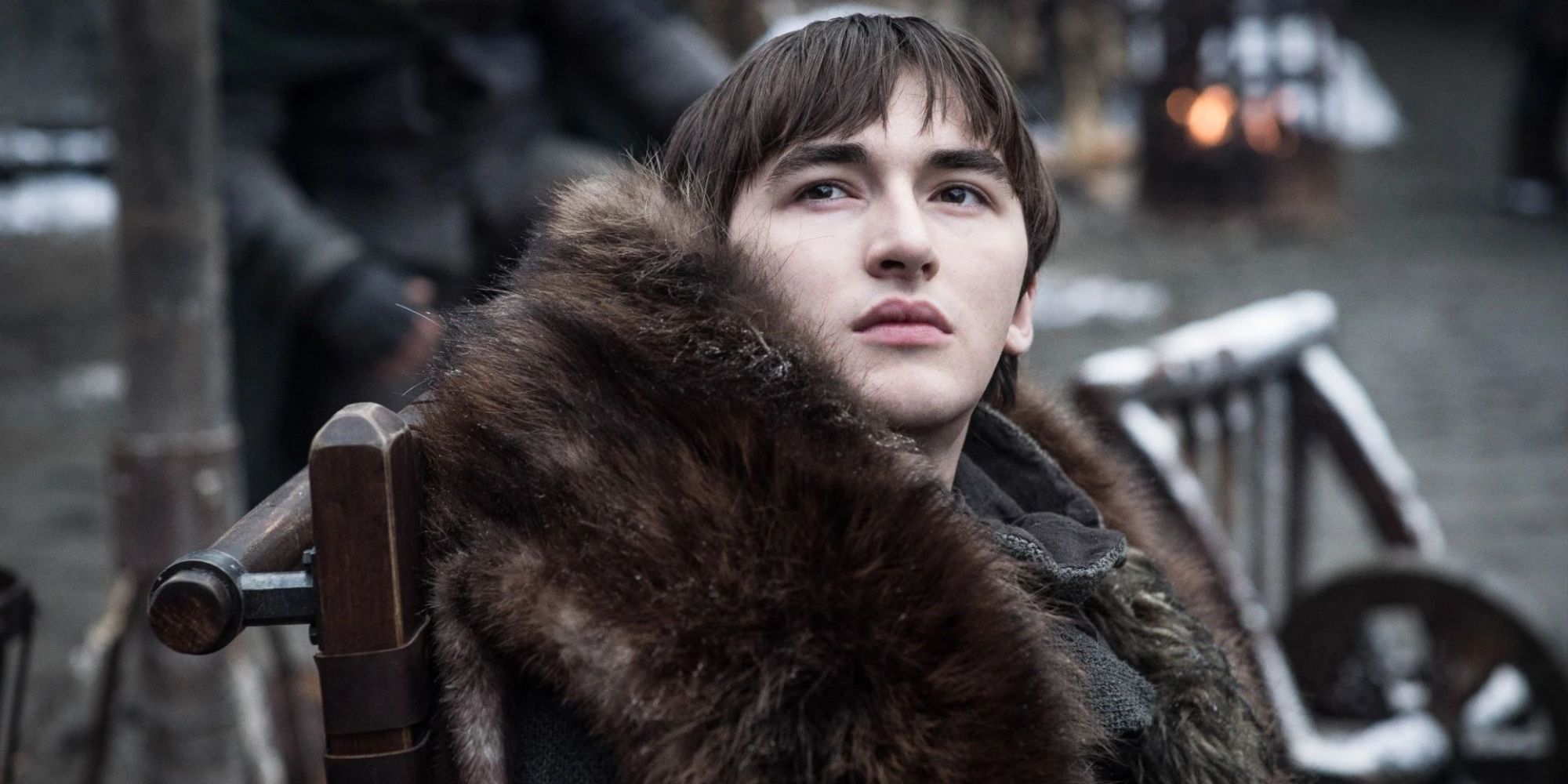
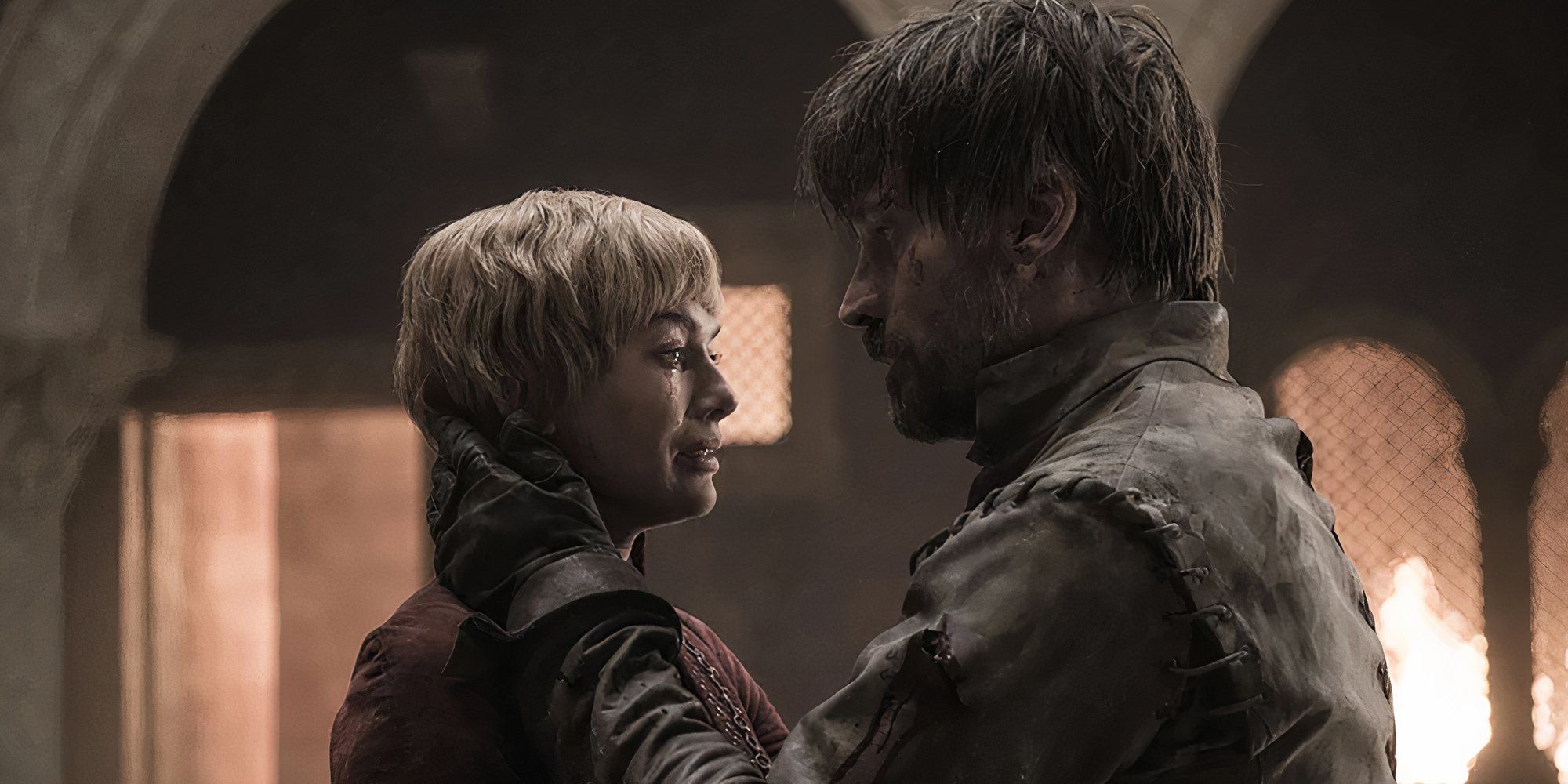
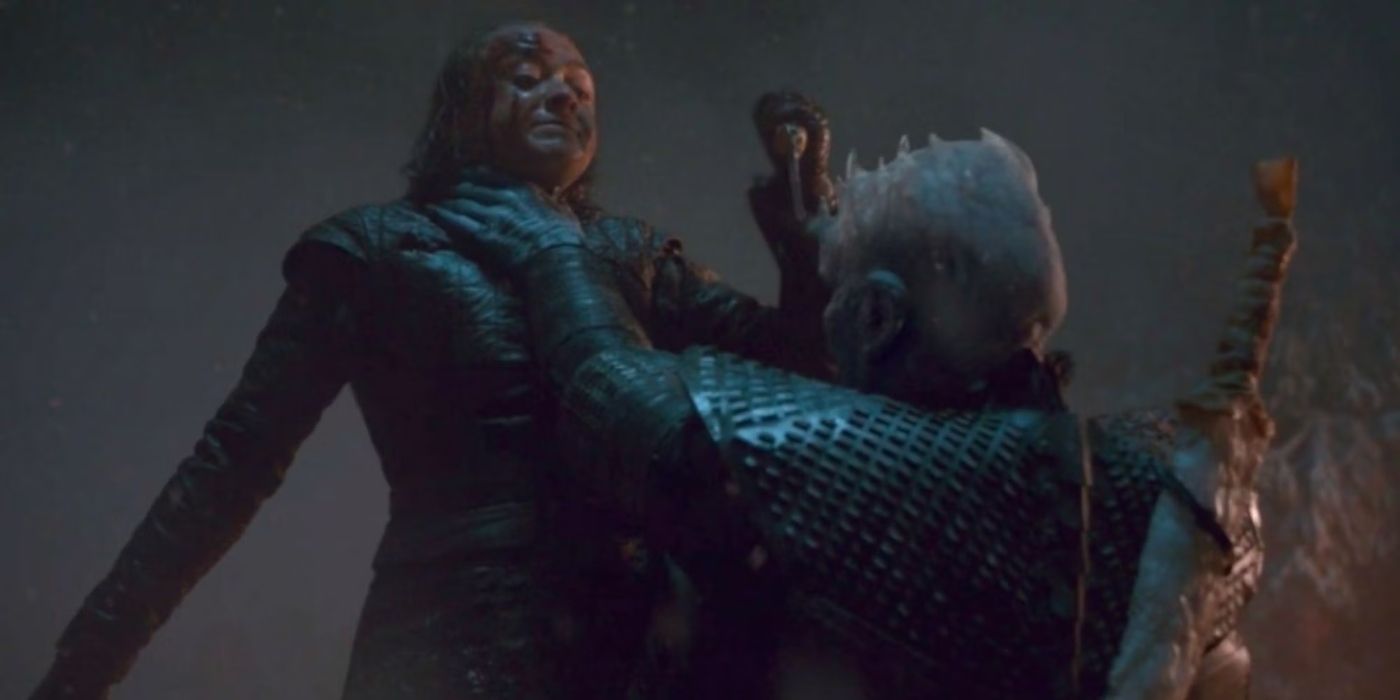
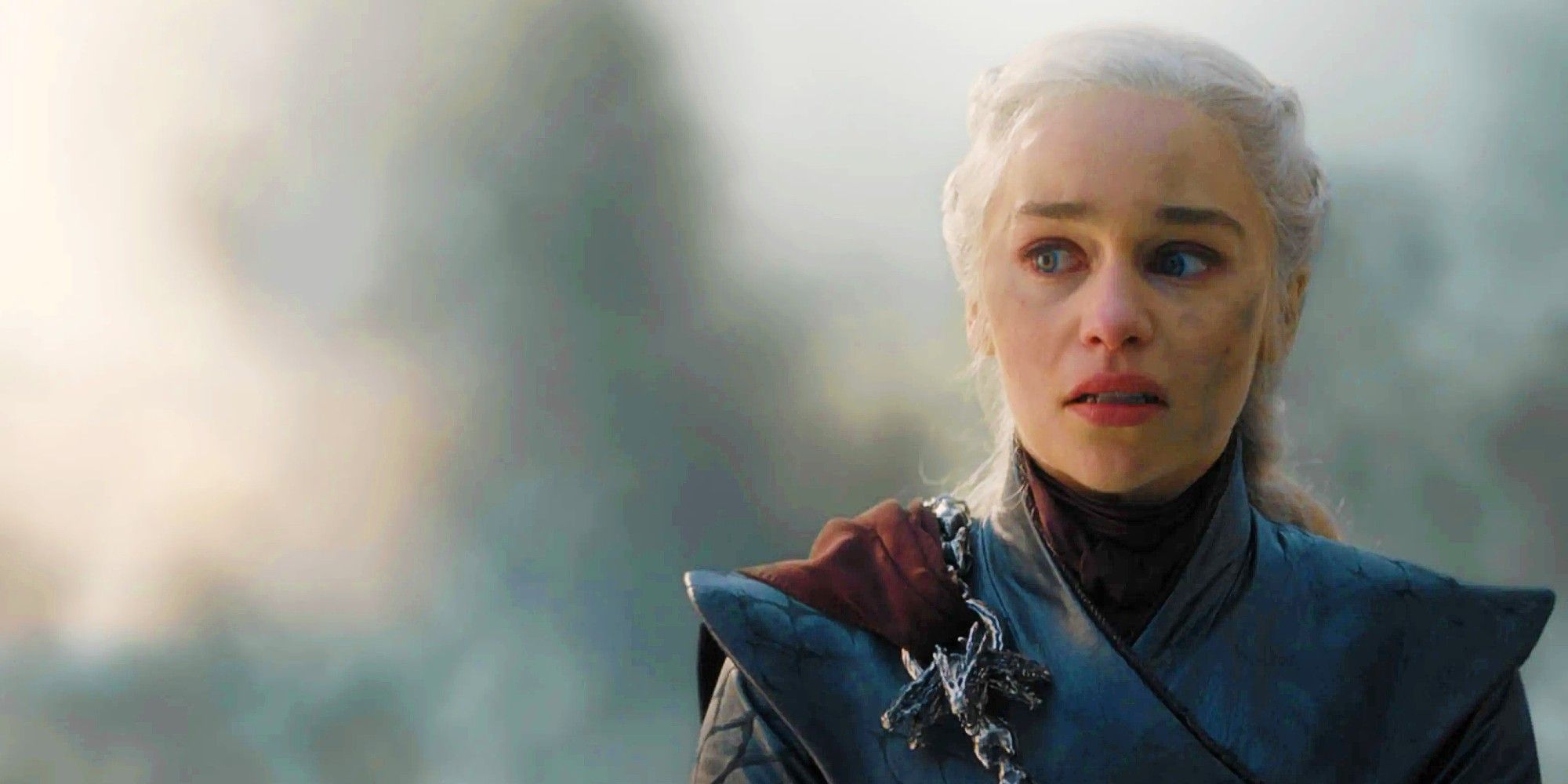
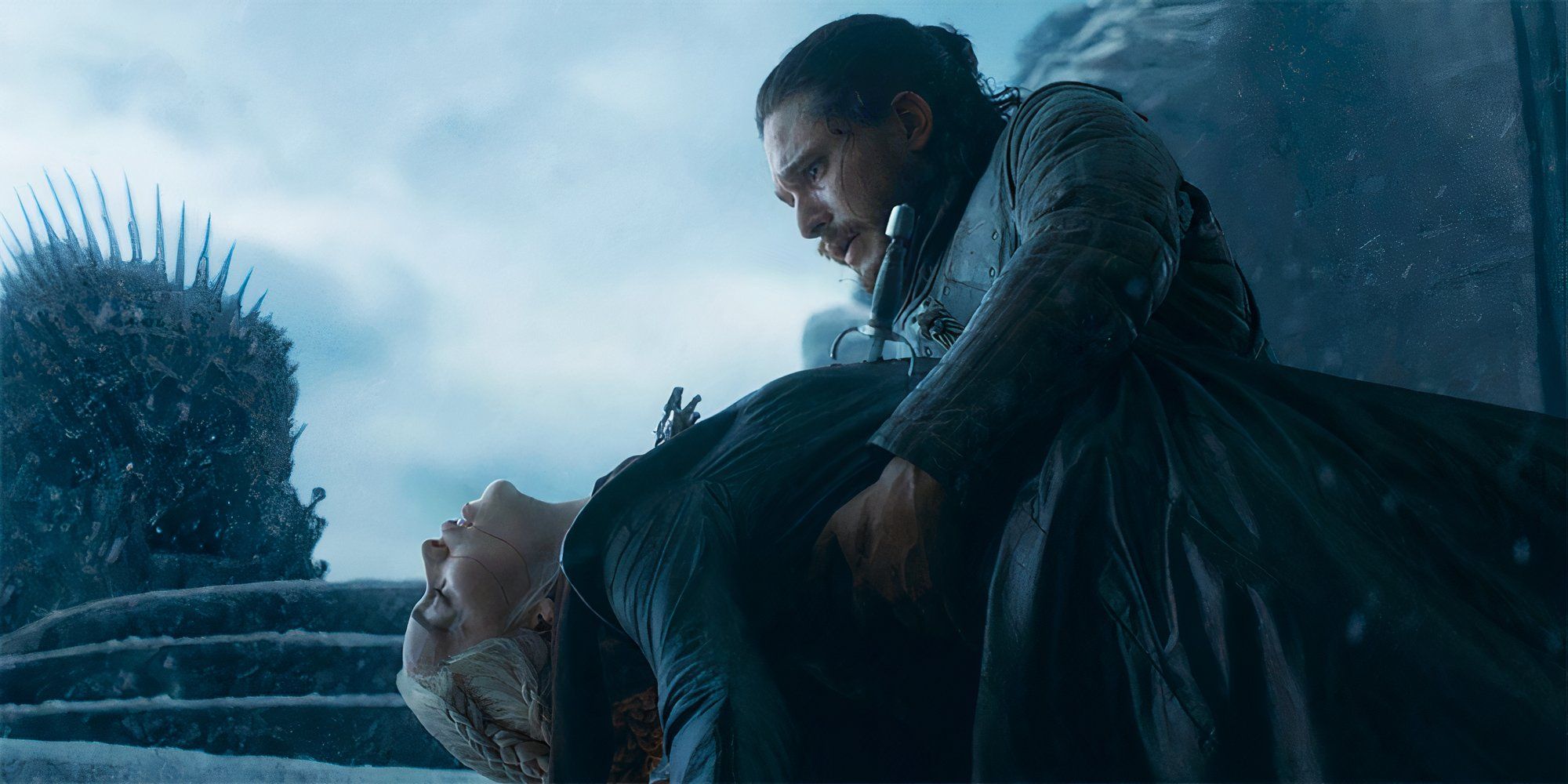
.jpg)
